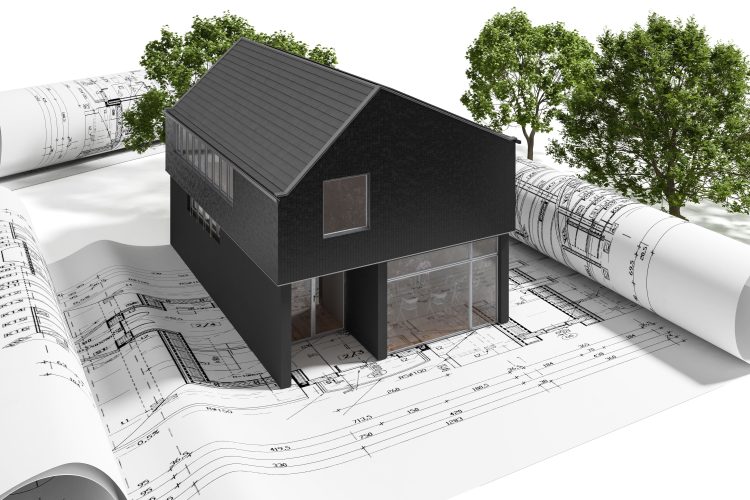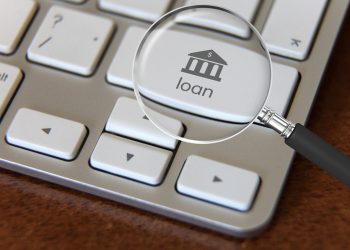Sustainability becomes a more urgent conversation as the years go on, as technology advances and scientists spread warnings about the environment. Will the push for more sustainability in the world fold into a push for more sustainable homes in the housing market?
The National Association of Realtors®’ (NAR) 2025 Realtors® Residential Sustainability Report surveyed the organization’s residential-focused members about sustainability issues facing the industry to uncover how the increasing need for it in the world in turn affects the housing market.
Right off the bat, it appears that sustainable homes are not a large segment of the market, as only 22% of Realtors® reported working with them “every few months or so.”
It’s not clear whether agents are holding back on working with sustainability, or whether the amount of sustainable homes on the market just isn’t that large. Many Realtors®, 42% of them specifically, did report they were somewhat or very concerned about the effects of environmental events on real estate transactions in their market.
Most clients do not seem overly concerned with the environment as a whole, as 58% of Realtors® said that less than a quarter of their clients consider climate/environmental risks when they buy a home.
Housing affordability challenges could be what’s holding clients back from being more concerned about sustainability as a whole, as NAR Deputy Chief Economist and Vice President of Research Jessica Lautz commented.
“However, many still seek sustainable home features to reduce their environmental impact as well as heating, cooling and commuting costs,” she continued.
Another reason agents could be holding back is the challenges working with a sustainable home presents. The survey reports that the top challenges related to sustainability knowledge were specifically around solar panels, including understanding how solar panels impact a transaction (58%), the valuation of solar panels on homes (52%) and understanding lending options for energy upgrades or solar installations (42%).
In addition, 48% of Realtors® reported their feelings that solar panels create difficulties in selling a home.
Despite challenges, most Realtors® did share that they felt knowledgeable about sustainability, specifically energy-efficient appliances (66%), solar panels/renewable energy systems (52%), smart home technology for energy management (39%) and the benefits of advanced insulation and air-sealing (39%). As for energy ratings, most agents said they are most familiar with Energy Star for Homes (52%), followed by Home Energy Rating System (HERS) (28%) and LEED for Homes (26%).
Looking at how clients view/interact with sustainability, the survey showed a mixed bag.
To get clients to seek out more sustainable homes, 47% of Realtors® recommended more financial incentives (tax credits or rebates). The higher resale value for sustainable homes (31%) and greater consumer awareness of energy cost savings (30%) were also reported as key drivers.
Lautz also noted that many homebuyers will have to turn to upgrades rather than buying a sustainable home outright, “particularly as the age of America’s housing stock increases due to persistent underbuilding.”
This is a very small market segment, however, as only 6% of Realtors® reported clients always or often asking for advice on energy efficiency upgrades. In fact, more Realtors® reported that clients rarely ask about energy efficiency upgrades, from 7% in 2024 to 42% in 2025.
Despite mixed signals from clients, 58% of Realtors® did say that promoting energy efficiency in listings is very or somewhat valuable. Specifically, they said that clients frequently seek out information on sustainable windows/doors/siding (37%) and a home’s utility bills/operation costs (27%), as they find these most important.
In terms of promoting sustainability on an MLS listing, 44% of Realtors® reported that their MLSs include green data fields in listings. While 47% of Realtors® said they do not use the green data fields, those that do most commonly use them to promote green features (34%), energy information (26%) and green certifications (13%).












